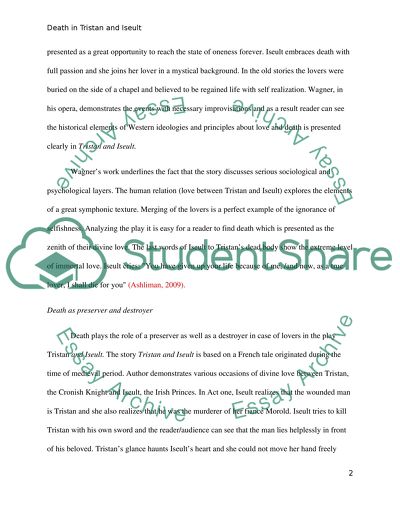Cite this document
(“French Literature in Translation (Tristan and Iseult) Essay”, n.d.)
French Literature in Translation (Tristan and Iseult) Essay. Retrieved from https://studentshare.org/miscellaneous/1564748-french-literature-in-translation-tristan-and-iseult
French Literature in Translation (Tristan and Iseult) Essay. Retrieved from https://studentshare.org/miscellaneous/1564748-french-literature-in-translation-tristan-and-iseult
(French Literature in Translation (Tristan and Iseult) Essay)
French Literature in Translation (Tristan and Iseult) Essay. https://studentshare.org/miscellaneous/1564748-french-literature-in-translation-tristan-and-iseult.
French Literature in Translation (Tristan and Iseult) Essay. https://studentshare.org/miscellaneous/1564748-french-literature-in-translation-tristan-and-iseult.
“French Literature in Translation (Tristan and Iseult) Essay”, n.d. https://studentshare.org/miscellaneous/1564748-french-literature-in-translation-tristan-and-iseult.


